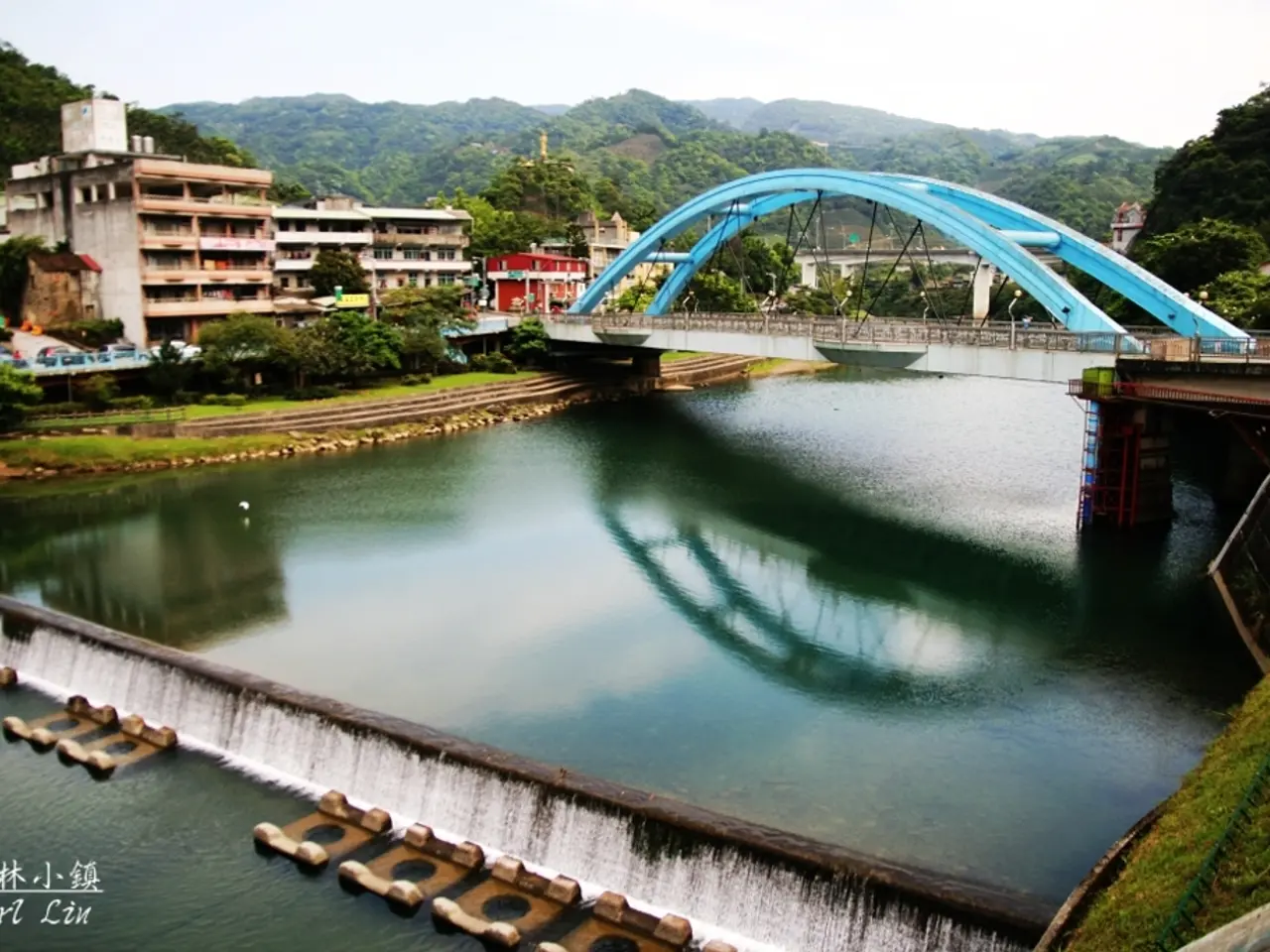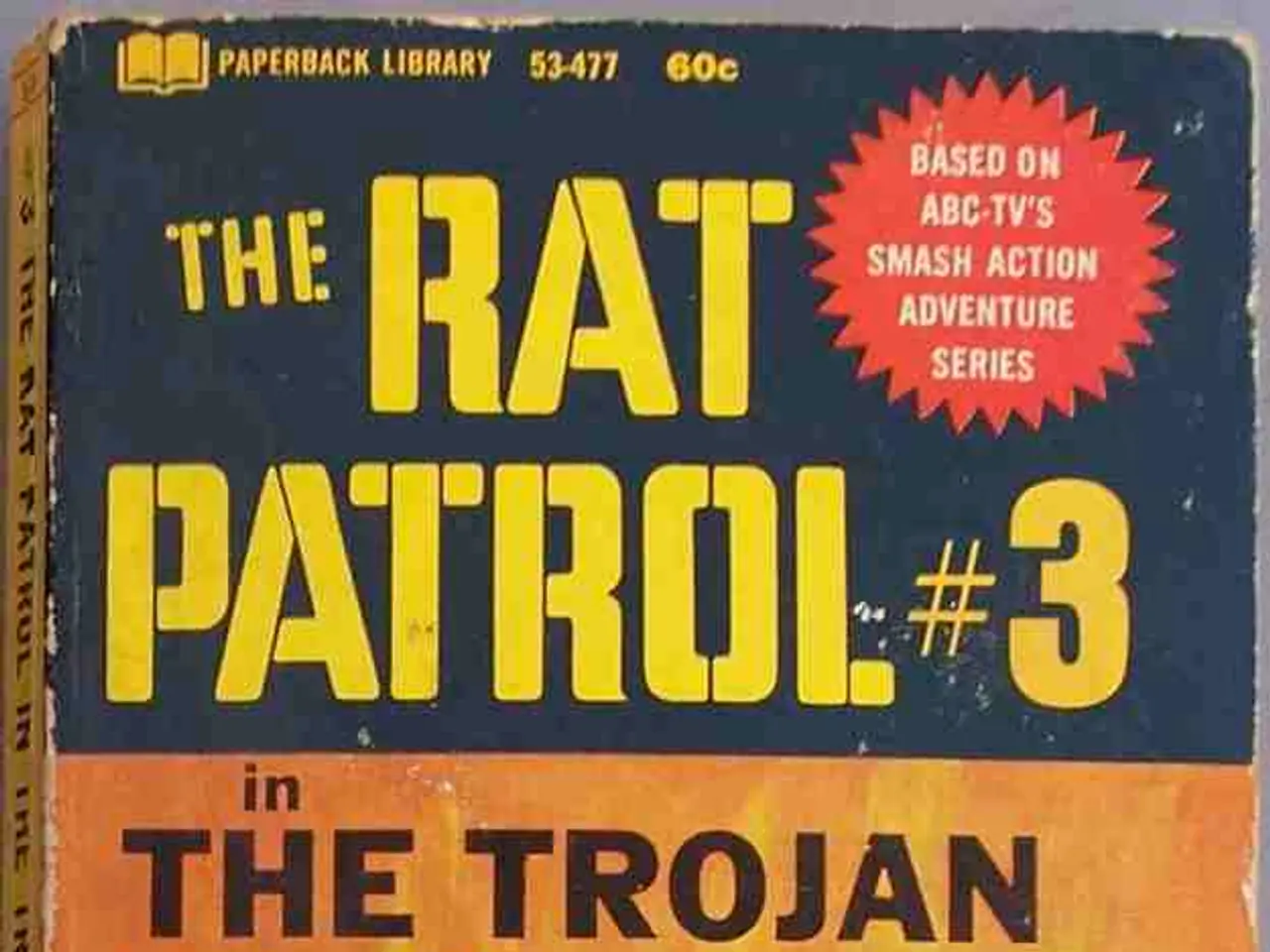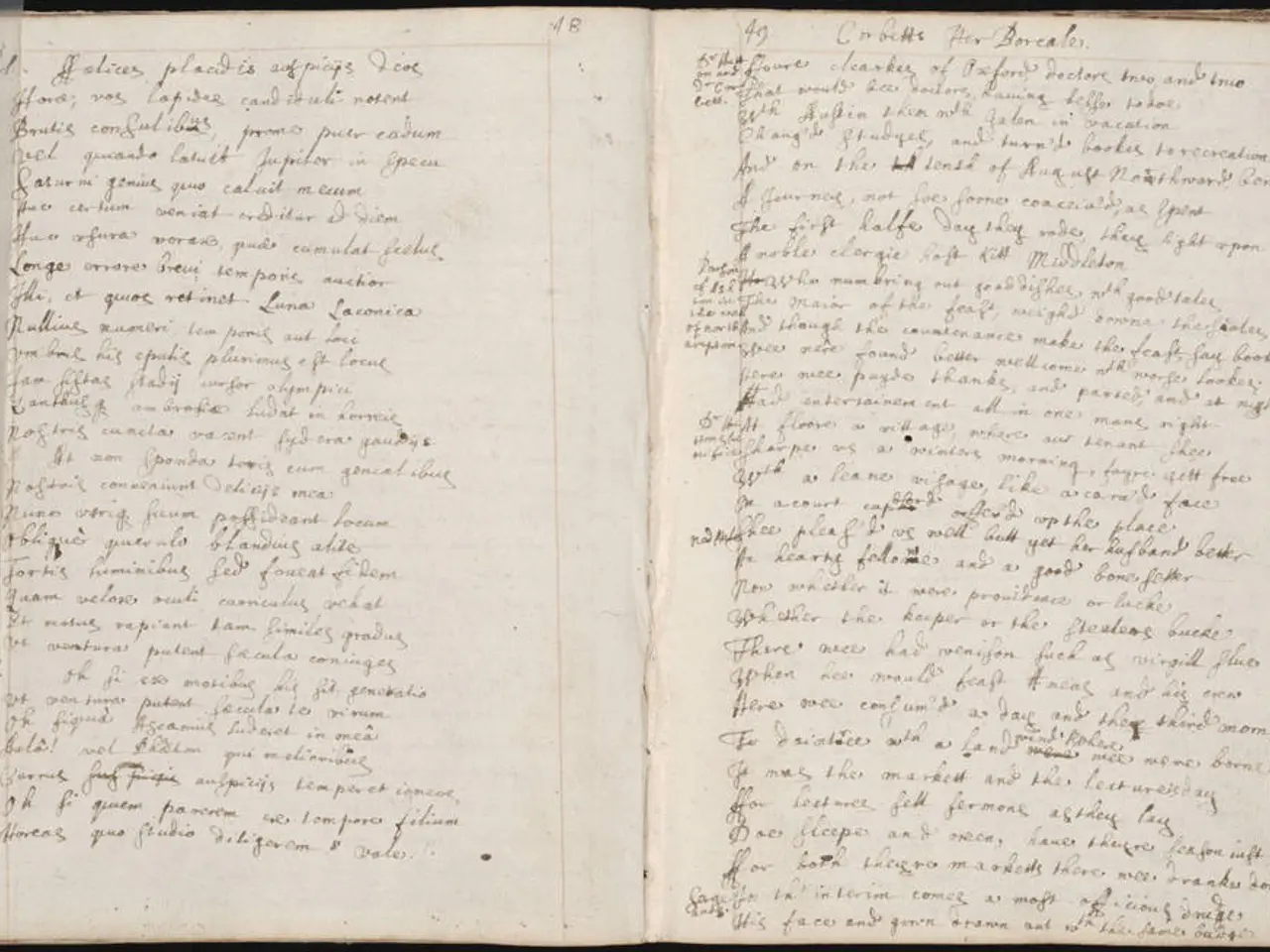PM Modi Sets Tough Question for Congress Regarding Control Over Pakistan-Controlled Kashmir
In the ongoing political discourse, the Congress party's handling of Pakistan-Occupied Kashmir (PoK) has come under intense scrutiny. Critics argue that the party's past policies have weakened India's position on Kashmir, affecting the country's national security.
The first significant moment was the 1948 ceasefire, following the first Indo-Pak war. Despite Indian Army forces being in a position to reclaim PoK, the Congress-led government under Prime Minister Jawaharlal Nehru chose to accept a ceasefire instead, allowing Pakistan to retain control over the region.
Congress governments, particularly under Nehru, also agreed to share about 80% of the Indus river waters with Pakistan in 1960. This decision, seen later as a strategic concession, was criticized for being too generous without securing territorial gains or resolving Kashmir’s status.
Post-1971 war, despite India's military victory and control over significant Pakistani territory, Congress regimes failed to reclaim PoK. The Simla Agreement during Indira Gandhi’s tenure did not address PoK directly, thus the region remained outside India’s control.
The Congress government’s response to terrorism linked to Pakistan-origin militants was also viewed as largely ineffective, often limited to diplomatic efforts without stronger action. This period saw numerous terrorist attacks affecting India's internal security.
The impact on India’s national security has been significant. The failure to reclaim PoK and the inability to stem terrorism from across the Pakistan border has kept Kashmir as a focal point of insurgency and militancy since the late 1980s.
These unresolved territorial disputes have led to multiple wars and crises, frequently bringing India and Pakistan to the brink of full-scale conflict, impacting regional stability and India’s defense preparedness. The Congress’s approach is criticized for missed diplomatic opportunities to leverage military gains and for a lack of a robust strategic policy on Kashmir.
In the present political climate, Prime Minister Modi's address in the Lok Sabha has placed national security at the center of political discourse. The government is committed to protecting the sanctity of Jammu and Kashmir and ensuring the security of the region. The government's response to the Opposition's questions about the ceasefire and India's strategy toward PoK will shape future discussions on the country's defense and foreign policy.
[1] Bhatia, K., (2019). Kashmir: A History of Sedition. Penguin Random House India. [2] Jha, A., (2018). The State of Kashmir: Conflict, Identity, and Self-Determination. Routledge. [3] Kumar, A., (2016). India's Wars: A Military History, 1947-1971. Penguin Books India. [4] Chhabra, R., (2011). Terrorism in India: A Political Analysis. Sage Publications India. [5] Khalid, B., (2006). The Unending War: India's Cold War with Pakistan. Oxford University Press.
- The ongoing political discussion about the Congress party's handling of Pakistan-Occupied Kashmir (PoK) has been influenced by historical policies and events, such as the 1948 ceasefire, the 1960 Indus river water sharing agreement, and the Simla Agreement in 1971, which are often criticized for weakening India's position and national security.
- In the broader context of war-and-conflicts, policy-and-legislation, politics, and general-news, the Congress's approach to Kashmir and its border with Pakistan has been under scrutiny due to perceived missed diplomatic opportunities, a lack of robust strategic policy, and the resulting impact on India's national security, including multiple wars and crises that have affected regional stability.








